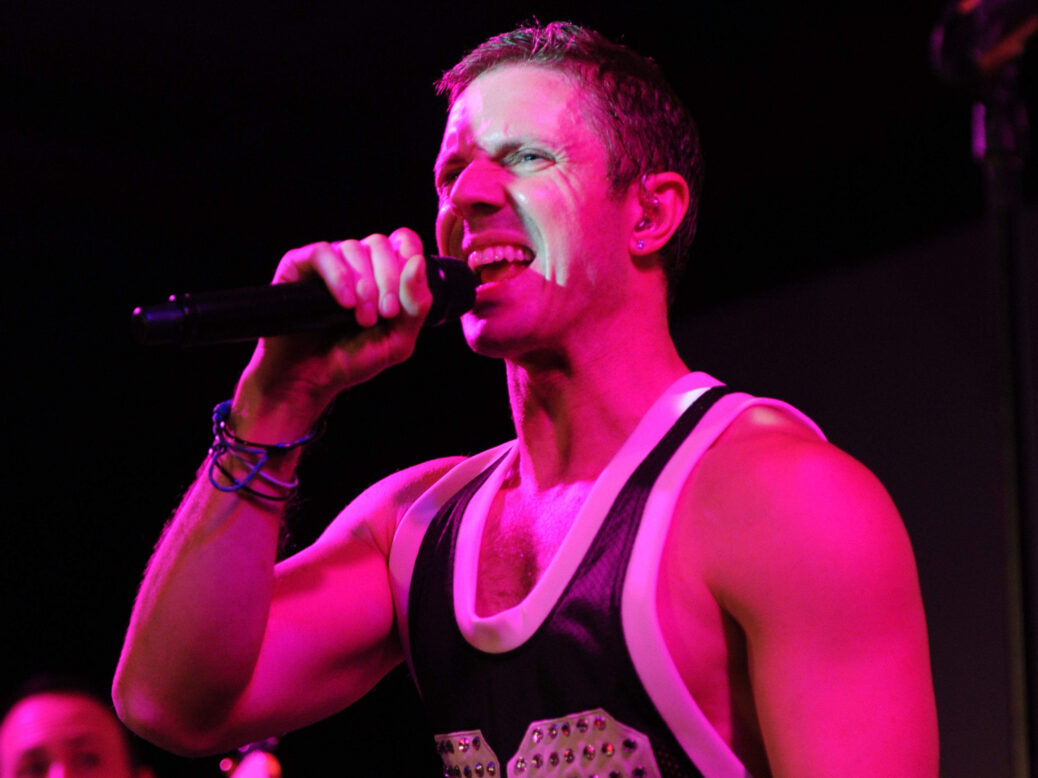
Someone once said that talking about music is like dancing about architecture. Or perhaps they said writing about music. Or perhaps they never said it at all. It’s a quote I’ve seen endlessly recycled, and yet when I google it I discover there is much uncertainty about who, if anyone, is responsible.
It’s only running through my head now because I’ve arrived in Dublin to take part in a festival called Vinyl which consists, almost exclusively, of people talking about music, which is either a complete waste of time or a perfectly valid idea, depending on your point of view.
It’s the bank holiday weekend, and another heatwave, and I’m picked up at the airport by a festival representative who gives me the slightly ominous news that before going to the hotel we have to drive to the other terminal to collect someone arriving on a different flight.
I spend 45 minutes waiting in the car, which is parked in the full midday sun, and heating up in a way that wouldn’t be so alarming if I could work out how to wind the windows down. #SingersDieInHotCars goes down quite well on Twitter, but finally Scott Gorham from Thin Lizzy appears, and we sail off into the city, him chatting about water-skiing, in that way that rock stars have of confounding you by talking about anything other than music.
Onstage, though, it’s a different matter and we all have to attempt to be illuminating about our work, or other people’s. I talk about singing and inspiration and, once again, the under-representation of women, finishing with the words, “I’ve been talking about this so long, I feel like a broken record sometimes. In fact, maybe that’s the title of my next album right there. Broken Record.” When we take questions from the audience, the first one is from Chrissie Hynde, and I’m so shocked and star-struck I struggle to formulate a coherent answer.
Later, I go to hear DJ and producer Andrew Weatherall, who’s recently remixed one of my tracks. He is so quick-witted and loquacious, I could listen all night as the anecdotes tumble out of him, ranging from the joy of fashion, and hallucinogenic drugs, and dancing, to his tattoos and the untold pleasures of unknown records. We walk back to the hotel – a gang of us by now, as we’ve picked up more people along the way – and it’s warm enough to sit outside. So we order wine, and a couple more people arrive, and Andrew seems to know everyone in Dublin, and the hotel kitchen has closed, so we get hungrier and hungrier, and end up thinking, “Ah well, more wine will help.” Reader, more wine did not help. Although I can’t believe the world is still broken, given how we did such a good job of fixing it that night with the power of our drunken conversation.
On the plane home I carry on reading Margo Jefferson’s book On Michael Jackson, which is vivid and fresh, in the way that music writing often is when it’s done by people who don’t write about music all the time. “‘Billie Jean’,” she writes, “is a song about anxiety and guilt, desire and resentment; fathering a child and being a child.” And elsewhere: “Who better understood the lure of oppositions in a performer? He was fragile and feral, percussive and sinuous, vulnerable and unassailable… He could divide each beat into multiple beats; move from a sweeping whole body gesture to sharply articulate body parts.”
When I read writing like that I’m reminded that it’s perfectly possible to talk/write about music, and in the right hands, it can be thrilling. Jake Shears’s memoir Boys Keep Swinging is another current example, packed with sharply told stories and proper moments of insider insight. Like this: “The most exciting time for a successful band isn’t necessarily at its peak, playing huge sold-out shows… It’s at the cusp, the split-second hairline fracture that precedes the break… It’s a time that feels so special in retrospect because it can never be returned to. Once a band truly breaks, it can’t be replicated. The magic trick is impossible to pull twice. If there was any time in my life I wish I could freeze, live inside perpetually, it would be in this spot.”
This article appears in the 16 May 2018 issue of the New Statesman, Israel and the impossible war






